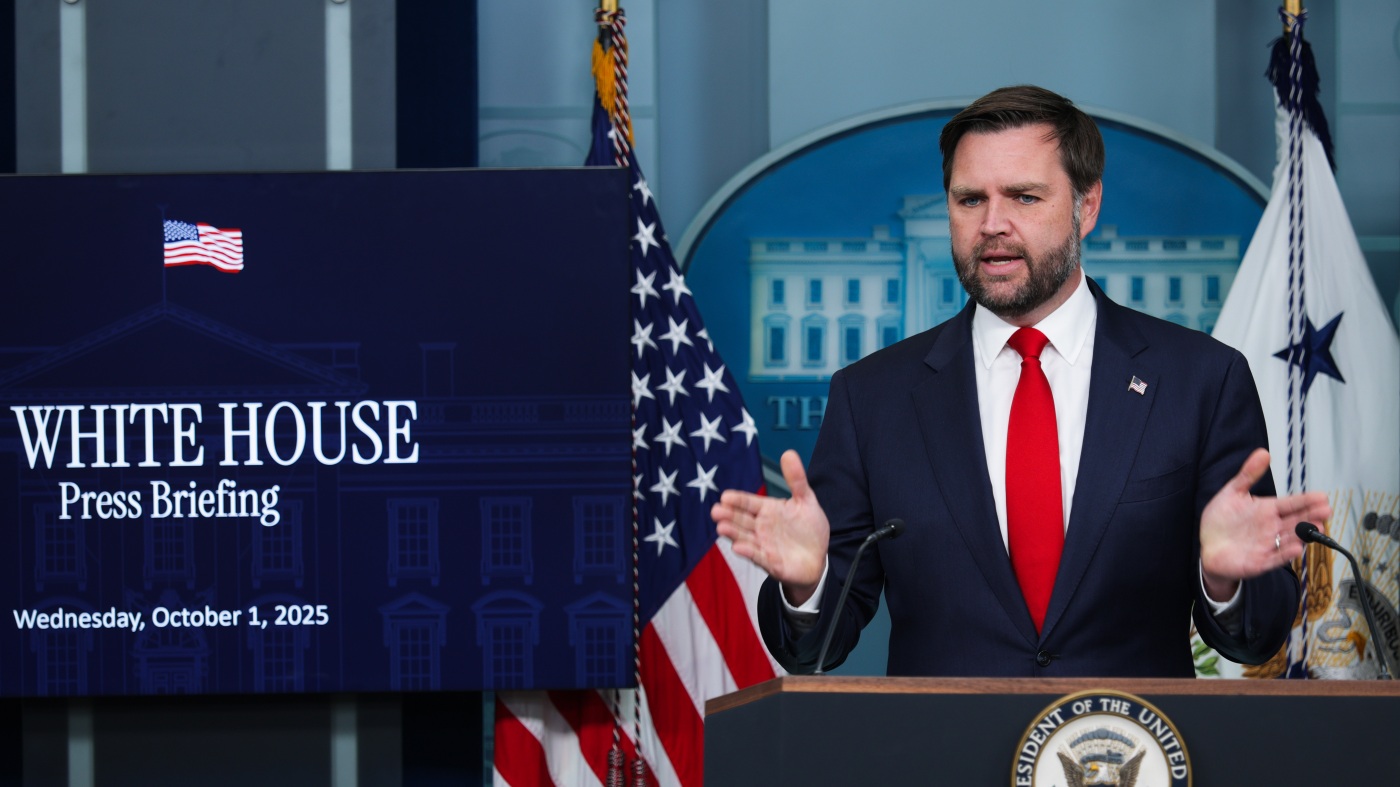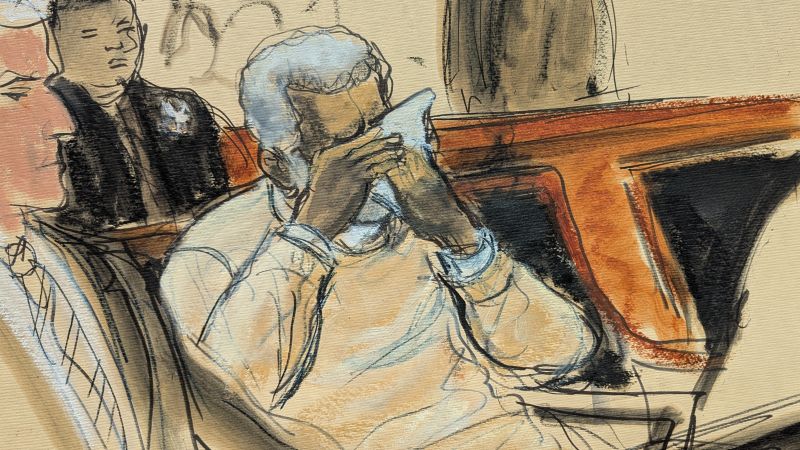WASHINGTON (AP) — A monumental Supreme Court term begins Monday with major tests of presidential power on the agenda along with pivotal cases on voting and the rights of LGBTQ people.
The court's conservative majority has been receptive, at least in preliminary rulings, to former President Donald Trump's aggressive assertions of executive authority. This term will test whether that trend continues as the justices confront cases that could reshape the balance of power between the presidency and Congress.
Presidential Power Cases
Among the most closely watched cases is one challenging Trump's use of tariffs to impose economic sanctions on China. The case, brought by several states and businesses, argues that the president exceeded his constitutional authority by imposing tariffs without congressional approval.
"This case goes to the heart of the separation of powers," said constitutional law professor Sarah Johnson. "The court will have to decide whether the president can unilaterally impose tariffs or if Congress must approve such economic measures."
Another significant case involves Trump's attempt to end the Deferred Action for Childhood Arrivals (DACA) program. The court previously blocked the administration's efforts to terminate the program, but Trump has continued to push for its elimination through executive action.
Voting Rights and LGBTQ Issues
The court will also hear cases that could significantly impact voting rights and LGBTQ protections. One case involves a challenge to North Carolina's voter ID law, which critics argue disproportionately affects minority voters.
"Voting rights are fundamental to our democracy," said civil rights attorney Michael Chen. "The court's decision in this case could determine whether states can continue to impose restrictive voting requirements."
Another case involves a Colorado baker who refused to create a wedding cake for a same-sex couple, citing religious objections. The court previously ruled in favor of the baker in a similar case, but this new case presents slightly different legal questions.
Birthright Citizenship Challenge
Perhaps the most controversial case involves a challenge to birthright citizenship, the constitutional principle that anyone born in the United States automatically becomes a citizen. Trump has repeatedly called for ending birthright citizenship, and several states have passed laws attempting to restrict it.
"This case could fundamentally alter who is considered an American citizen," said immigration law expert Dr. Maria Rodriguez. "The implications extend far beyond immigration policy—it touches on the very definition of American identity."
The case was brought by several states that argue the 14th Amendment's citizenship clause should be interpreted more narrowly, excluding children of undocumented immigrants from automatic citizenship.
Court's Conservative Leanings
Legal experts note that the court's conservative majority has shown increasing willingness to defer to presidential authority, particularly in cases involving national security and immigration. This term will test whether that trend extends to other areas of executive power.
"The court seems to be moving toward a more expansive view of presidential authority," said constitutional scholar Professor David Kim. "These cases will show us how far that trend goes."
The court's decisions in these cases could have lasting implications for the balance of power in American government, potentially strengthening the presidency at the expense of congressional authority.
Oral arguments in the most significant cases are expected to begin in November, with decisions likely to be announced by June 2026.










